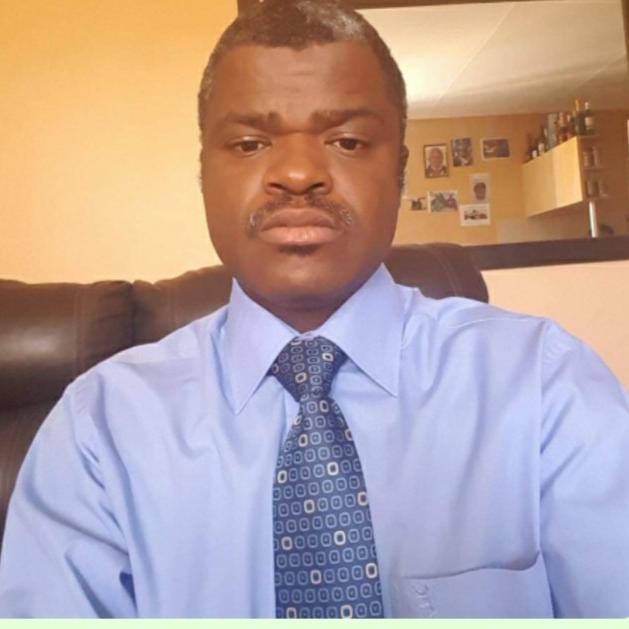Veterinarian Israel Meunae Kaatura has a passion for serving the community. For years, he has been going over and above the call of duty to assist farmers who would call him at odd hours for urgent diagnoses on their livestock. To ordinary farmers – most of whom are based in the most remote parts of the country – Kaatura has been a vital lifeline. He has been the difference between life and death for many of their livestock.
Of late, ‘the good doctor’ – as those who have been assisted by Kaatura describe him – has taken the game to a whole new level. He has gone digital with his diagnoses.
With the assistance of some community volunteers with a keen interest in farming, he has managed to start a Whatsapp group through which he does medical diagnoses of sick animals.
It’s a simple process. A farmer observes a sick animal amongst his herd, takes a short video clip of the animal or even a picture, and then posts such on the Whatsapp group for diagnosis. The group’s several administrators, all of whom have availed their services for free, would then study the request and alert Kaatura, upon which he finds time to respond.
“I have always been passionate about serving the community. I believe that we all come from them, and we thus owe them whatever we can to assist. The Whatsapp group has really been helping, and I am surprised at its popularity,” he said.
But before there was Whatsapp and modern technology, Kaatura already had his shoulder on the wheel – pushing for the dissemination of vital information to needy farmers as much as he could.
Although he was born in Windhoek, Kaatura was raised in the village of Otuvingo in the Okakarara district. He, however, later returned to Windhoek, where he attended various primary and secondary schools.
After completion of high school, an opportunity arose for him to attend the Ogongo Agricultural College, and later moved to a university in Zambia, where he graduated as a veterinarian in 2009.
Following his graduation, he was employed as a state vet at Outjo, where he was responsible for nearby towns such as Kamanjab and Khorixas.
“Realising the thirst for knowledge amongst farmers whom I served, especially on animal health and nutrition, I started organising farmers’ information days. The aim was to educate them on these things so that when they went back to their farms and villages, they would be able to transfer that knowledge to their operations,” he noted.
The farmers’ information days were later complemented by radio interviews and newspaper articles, all in the name of assisting the community.
In 2020, Kaatura left the employ of the state and took up a challenge at the University of Namibia, where he started lecturing in agriculture-related fields. This left several farmers feeling stranded as they could no longer access Kaatura at his state vet job, where he would help them out with medical animal diagnoses.
As the age-old adage goes that in every challenge lie opportunities, Kaatura found a niche in the information highway when Covid-19 hit in 2020. As travel restrictions and limited gatherings cast a shadow on farmers’ days and similar gatherings, he took to social media to help farmers in need. As fate would have it, it was just a matter of time before the current Whatsapp group was formed for this purpose.
The cherry on the cake for farmers is that Kaatura does not charge a penny for his services.It is completely pro bono. There is, however, a nominal administration fee for joining the group, which allows for better management of the group’s activities.
He observed that in today’s changing world, smartphones have become an absolute necessity, and are no longer considered luxury products. It is, therefore, imperative that farmers invest in them for their farm employees so that a medical diagnosis on a sick animal could be done faster and smoother to save a dying animal.
“Smartphones are vital. Imagine sending a picture to the group, and in a few minutes you have a diagnosis, and are told what to do to save the animal. That is where farming is now moving towards,” he said.


